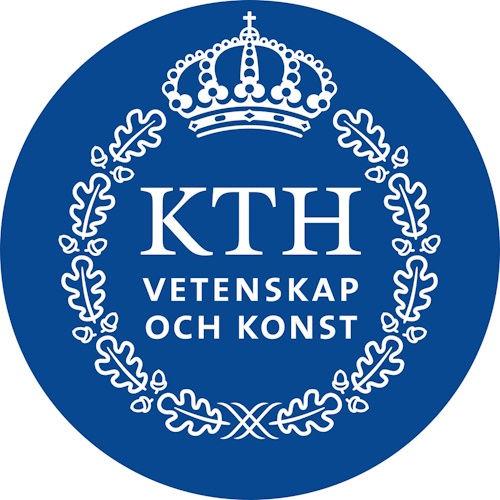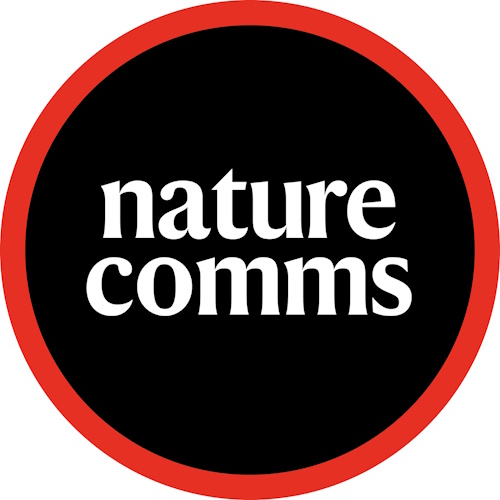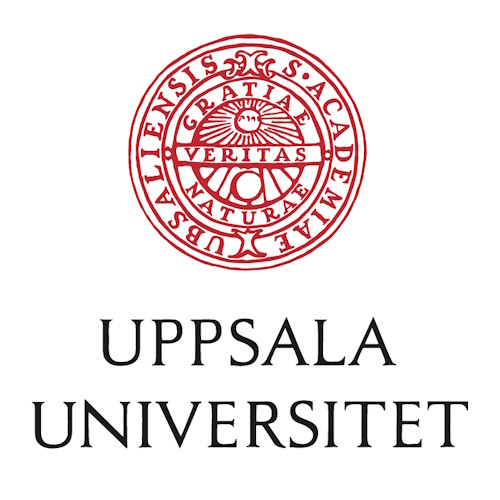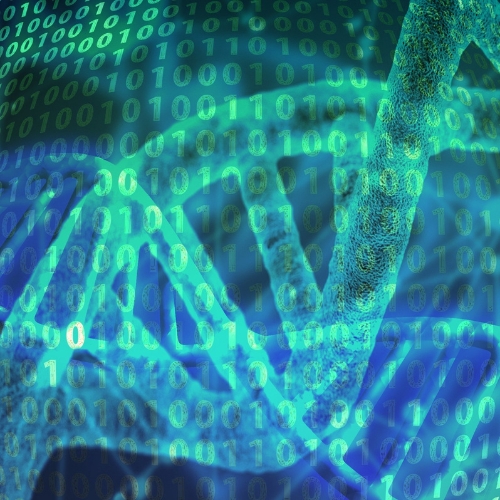Key points from article :
A recent study published in Nature Communications describes an innovative antibody developed by research groups led by Sara Mangsbo, Professor of Protein and Antibody Drugs at Uppsala University, and Johan Rockberg, Professor at KTH Royal Institute of Technology. This "3-in-1" antibody represents a potential breakthrough in cancer immunotherapy, designed not only to target cancer cells precisely but also to deliver therapeutic molecules and activate the immune system simultaneously. This multipurpose approach could provide a powerful tool for personalized cancer treatments.
Professor Mangsbo explains that the antibody works by targeting a key immune protein, CD40, which is crucial for immune responses. By delivering specific signals to immune cells, the antibody encourages them to detect unique cancer markers called neoantigens—genetic changes that are exclusive to cancer cells. The treatment, tested on human blood samples and animal models, activated the immune system effectively, prolonging survival in mice and, at higher doses, even eradicating the cancer, showing improved safety compared to prior treatments.
The team’s approach also addresses the often high costs and complexity of precision medicine. Their drug combines a mass-produced bispecific antibody with a customizable peptide, which can be synthesized quickly for individual patient needs. According to Rockberg, this structure enables large-scale production while still allowing the therapy to be tailored to each patient's cancer, potentially making it faster and more affordable for patients to access treatment.
The study’s findings lay the groundwork for further testing, including safety evaluations and clinical trials, as the researchers aim to develop a flexible and widely accessible cancer treatment option that strengthens the body's own immune response to fight cancer.








